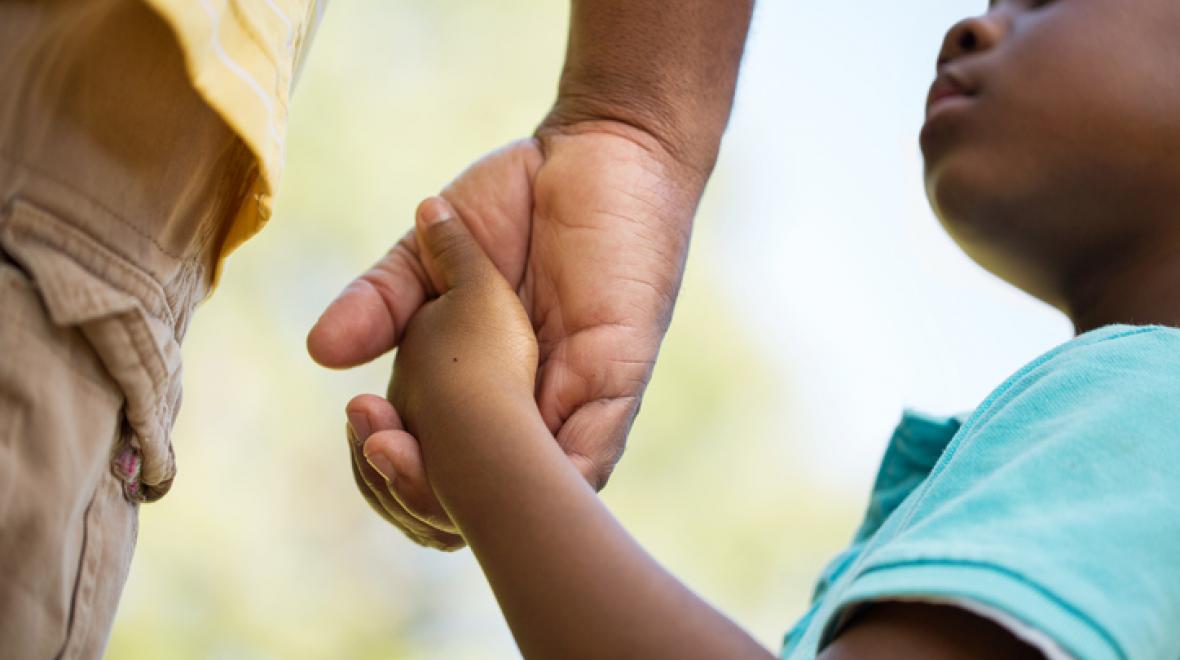
You've heard the news: On Sunday, June 18, two white Seattle Police Department officers fatally shot Charleena Lyles, a 30-year-old pregnant African-American mother of four, in her North Seattle apartment.
In the nearly 10 days since the shooting, we’ve learned Lyles had a history of mental illness and called police to report an attempted burglary. During that response, officers say she displayed a knife and they fired, killing Lyles. Three children were at home, according to Lyles' family members.
Most recently, news broke over the weekend that one of the officers is under investigation for leaving his uncharged Taser in his locker for more than a week leading up to the shooting.
As details continue to surface and the resulting public outcry continues, local families are left wondering what to do after an incident that hits so close to home. Speaking for myself, I feel there’s no making sense of children left without a mother. I also know that to best process my feelings I need to create positive action.
In that spirit, here’s a resource list of how Seattle-area families can show support for Lyles’ children, residents of her Sand Point community and children who have experienced trauma related to community violence.
Donate to funds that directly help Lyles’ family and community. This GoFundMe supports Lyles’ family. You can also donate to Solid Ground, the Seattle-based nonprofit that runs the permanent housing community where Lyles lived. Donations to Solid Ground help pay for mental health counseling, grief therapy and meeting emergent needs of Sand Point community members.
Contact your representatives and the Seattle Police Department and share your response to Lyles' death. "Ask them what they are going to do ensure our communities are safe and our police and various care systems are held accountable," recommends this article from Solid Ground. A public hearing on the shooting is scheduled for Tuesday, June 27, at 6 p.m. at the University of Washington’s Kane Hall.
Join an organization that addresses community violence and racism. Ideas include attending a meeting of Black Lives Matter, a chapter-based national organization that advocates for the validity of Black life; reading the work of Robin D'Angelo, Ph.D., a consultant and trainer for more than 20 years on issues of racial and social justice; and learning more about the Coalition for Anti-Racist Whites (CARW), a group of Seattle-area white people "working to undo institutional racism and white privilege through education and organizing in white communities and active support of anti-racist, people of color-led organizations."
Donate money or time to local organizations that help people who have experienced trauma. Art With Heart works with kids dealing with grief and/or exposure to trauma; the organization also provides training and coaching for adults serving children in pain. (You might have heard of their work at the Oso Landslide and the 2014 school shooting in Marysville.) Another idea: The Healing Center, a Seattle-based grief support community, offers free groups for adults and children who’ve experienced the death of a loved one. Separation and Loss Services at Virginia Mason Hospital & Medical Center is another local resource for people experiencing loss due to homicide.
Talk to your kids about race and racism, and issues of police brutality. To help, consider watching this video of black parents talking to their kids about police brutality or this piece from KUOW. Find additional resources in this ParentMap article, too.











